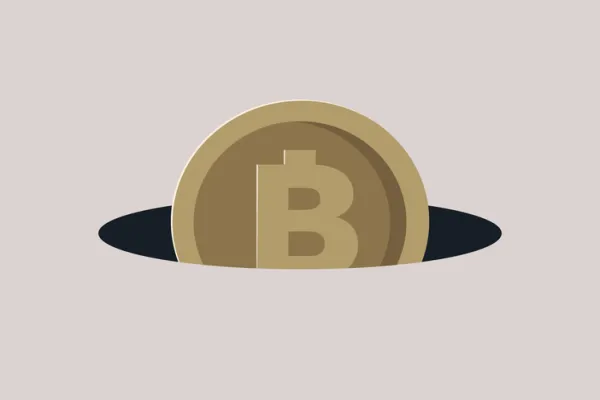As market pundits focused on the Federal Reserve’s upcoming September policy meeting, many investors are looking abroad and considering the long-term implications of China’s debt burden. The warnings of many high-profile money managers and the International Monetary Fund in recent months over the fragility of China’s shadow-banking system and capital outflows have left observers reevaluating risk. As the Chinese economy continues to transition towards greater dependency on internal demand, many allocators are asking whether internal consumption can offset the debt built up during the prior export and property-driven investment cycle. Some analysts believe Beijing is already addressing the crisis. In a note to investors this morning, Hong Kong based Jefferies Chief Global Equity Strategist Sean Darby wrote that “In order to offset the contraction of the PBOC’s [People’s Bank of China’s] balance sheet due to capital outflows and U.S. dollar repayments, the central bank engaged in a form of ‘backdoor quantitative easing’ in our view.” Darby adds that “alongside the introduction of short-term monetary instruments such, the PBOC has moved away from using conventional interest rate and RRR cuts.” While the speculation over whether the FOMC will or won’t raise rates grabs headlines, the shadow cast by private-sector borrowing in China continues to grow.
Largest global pension fund posts quarterly decline. The value of assets held by Japan’s Government Pension Investment Fund declined by $52 billion, or nearly 4 percent, during the second quarter, according to data published on Friday. The decline, largely driven by a pullback in domestic Japanese equities, follows a greater than $50 billion retreat for the full fiscal year concluded in March. With more than 80 percent of the pension fund’s assets committed to passive investments, the portfolio tends to fluctuate in line with broad market moves.
Losses mount at Uber. Alternative taxi service Uber Technologies reported losses of more than $1.2 billion for the first full half of 2016. Critically, $100 million in losses for the second quarter were the result of U.S.operations, which Uber management had predicted would shift to profitability during the period. The losses come as revenues grew by nearly 20 percent year-over-year and bookings expanded dramatically. For investors who have placed more than $16 billion in cash and debt in the startup, the question is when the company can turn its business model to profitability.
Oil short positions decline according to CFTC. U.S. Commodity Futures Trading Commission data released last week revealed a second consecutive significant contraction of oil-futures short positions among money managers, contributing to a rise of over 20 percent in front-month contracts for West Texas Intermediate grade crude over the period. The decline in shorts in the week ending on August 23 is the largest such shift in nearly a decade as more than 66,000 contracts were closed out. The pullback by bears comes ahead of a much anticipated an informal meeting of the Organization of Petroleum Exporting Countries in Algeria next month.
Icahn and Ackman Still Jousting over Herbalife. In a statement on his website on Friday, Carl Icahn dismissed reports that he had reduced his holding in shares of multilevel marketing dietary supplement company Herbalife. Icahn went on to say that he had actually hiked his position that day in reports to comments on television by Pershing Square Capital CEO Bill Ackman, who has been shorting Herbalife. During an interview on CNBC, Ackman said he had been approached by an investment bank to acquire Icahn’s Herbalife shares.
Court clears way for bondholder suits against Caesars. In a ruling on Friday, the U.S. Bankruptcy Court in Chicago cleared the path for bondholders seeking to recoup up to $11 billion dollars to sue Caesars Entertainment, which is currently operating under Chapter 11 protection. Among the primary creditors seeking to take greater control over the casino operator’s restructuring is Appaloosa Management, the hedge fund controlled by David Tepper. Caesars is currently controlled by private equity investors Apollo Global Management and TPG Capital.





